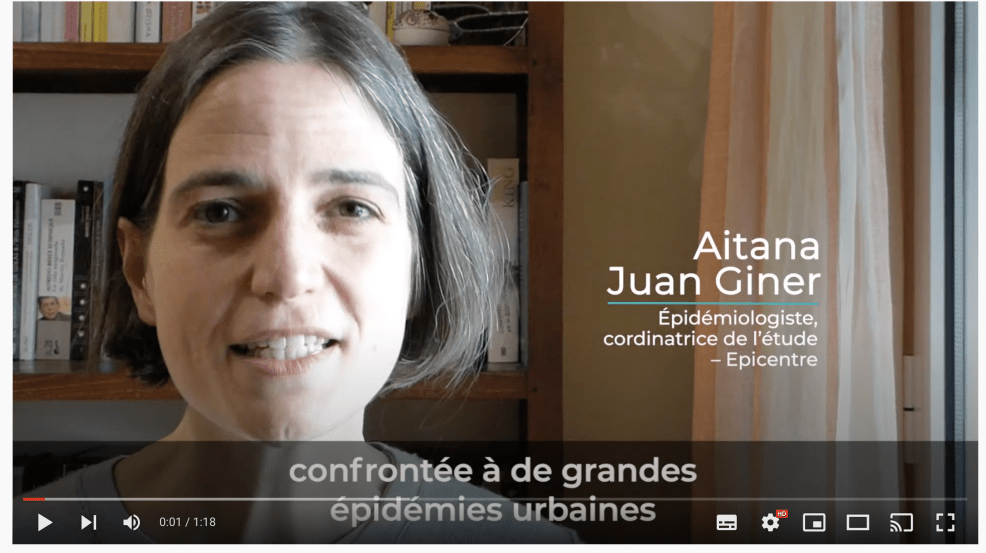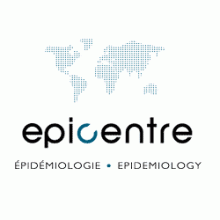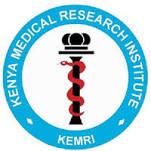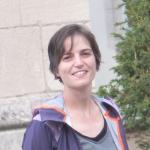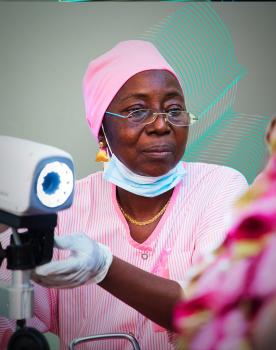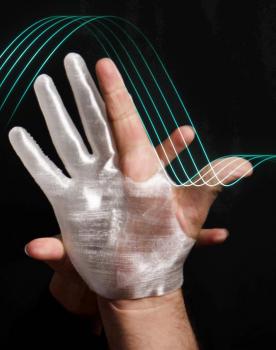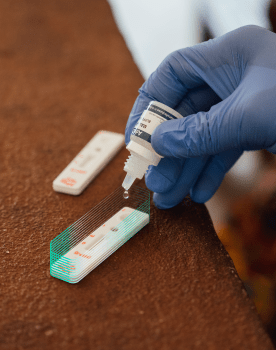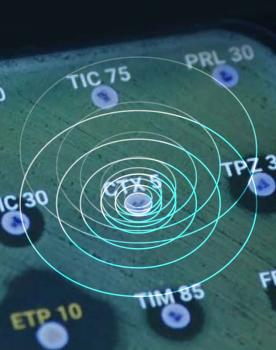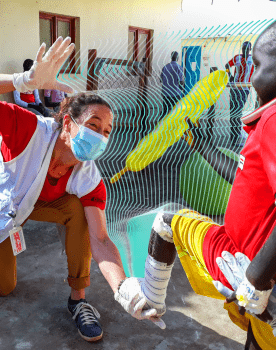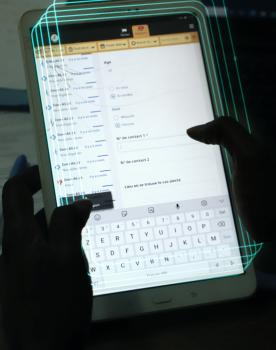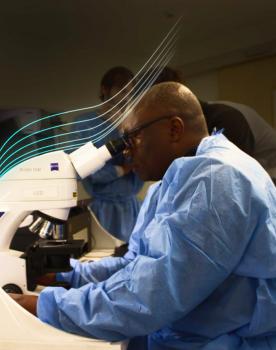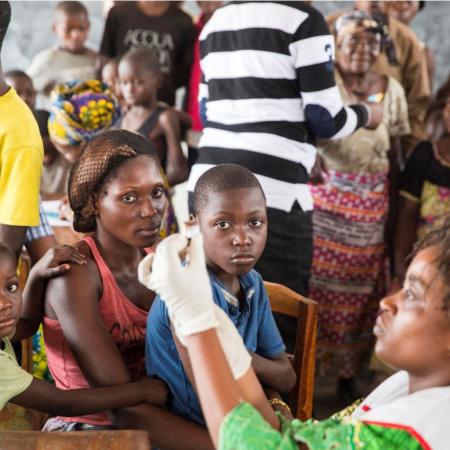
Yellow Fever Vaccination Campaign in Kinshasa. DRC. 2016
Dieter Telemans
Yellow fever study
In brief
This project is completed and its funding by the MSF Foundation closed.
Status of the project
News
In detail
In July 2016, the demand for yellow fever vaccines exceeded the globally available doses. To save doses, WHO developed recommendations for the use of fractional doses of yellow fever vaccine.
Epicenter has conducted this study since 2017 in Kenya and Uganda. Its objective is to confirm that patients are as well immunized as with a full dose when injected with only 1/5th of the vaccine dose. The prospect would be a change in the WHO recommendation to authorize the use of fractional doses in the event of an epidemic so that the available doses cover the population at risk.
The study has 1630 participants cared for at Epicenter's research center in Mbarara, Uganda and the Kilifi Medical Research Institute in Kenya.
The first results of this research published in The Lancet on January 9, 2021, confirm that fractional doses of the vaccine offer the same protection as a full dose, even one year post vaccination. These results open up exceptional prospects in the fight against this disease which still kills many people today.

